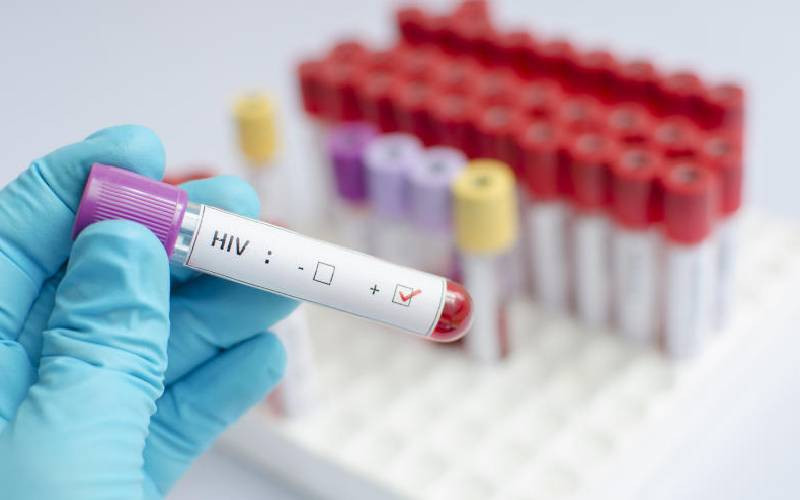
A research scientist is advising the public to eat foods rich in vitamin C rather than relying on vitamin C supplements or tablets. Unless someone has specific dietary needs, vitamin supplements are likely a waste of money — and in some cases, they may even be harmful to one’s health.
Studies have shown that around 75 per cent of the vitamin C found in high-dose supplements is less effective in boosting immunity. During the Covid-19 pandemic, many people turned to combinations of vitamins, minerals, and biochemical supplements in an effort to strengthen their immunity, following recommendations from physicians, dietitians, and nutritionists.
These supplements were often taken in the belief that they would promote good health and prevent infections such as Covid-19, influenza, coughs, the common cold, and other illnesses typically associated with vitamin deficiency.
“I used to buy and take vitamin supplements every day, and I ensured that everyone in my household did the same. We believed they promoted good health, longer life, stronger immunity, and a general sense of wellbeing,” says Alex Mwangi, an employee of Kenya Power, who noted that his family could not afford to take risks with Covid-19.
Speaking at the British Science Festival last year, Prof Brian Ratcliffe of Robert Gordon University in Aberdeen, United Kingdom, argued that most people would benefit more from a varied diet that includes a natural balance of vitamins and minerals, rather than relying on supplements.
He criticised the growing number of the so-called “worried well” — healthy individuals who take supplements as a precaution — for fuelling a multi-billion-pound vitamin industry without solid clinical evidence. According to Prof Ratcliffe, there is little scientific support for the idea that vitamin C supplements provide significant health benefits.
He noted that taking ultra-high doses of vitamin C, promoted for their supposed benefits such as preventing colds, flu, or improving skin health, is largely ineffective.
Some supplements contain as much as 1.5g of vitamin C — the equivalent of more than 20 oranges — yet most of this is wasted.
“Roughly 75 per cent of it is of little benefit,” said Prof Ratcliffe. “The kidneys simply flush it out of the bloodstream.”
For those over the age of 65 or concerned about their nutritional intake, he advised consulting a dietitian instead of turning to over-the-counter multivitamins.
However, molecular biologist Dr Steve Waluande acknowledges that while Prof Ratcliffe’s observations may hold merit, vitamin supplements can still play a useful role for specific groups of people.
“There’s also a vast amount of information available online highlighting the positive impacts of vitamin supplements,” Dr Waluande noted.
 The Standard Group Plc is a multi-media organization with investments in media
platforms spanning newspaper print
operations, television, radio broadcasting, digital and online services. The
Standard Group is recognized as a
leading multi-media house in Kenya with a key influence in matters of national
and international interest.
The Standard Group Plc is a multi-media organization with investments in media
platforms spanning newspaper print
operations, television, radio broadcasting, digital and online services. The
Standard Group is recognized as a
leading multi-media house in Kenya with a key influence in matters of national
and international interest.











